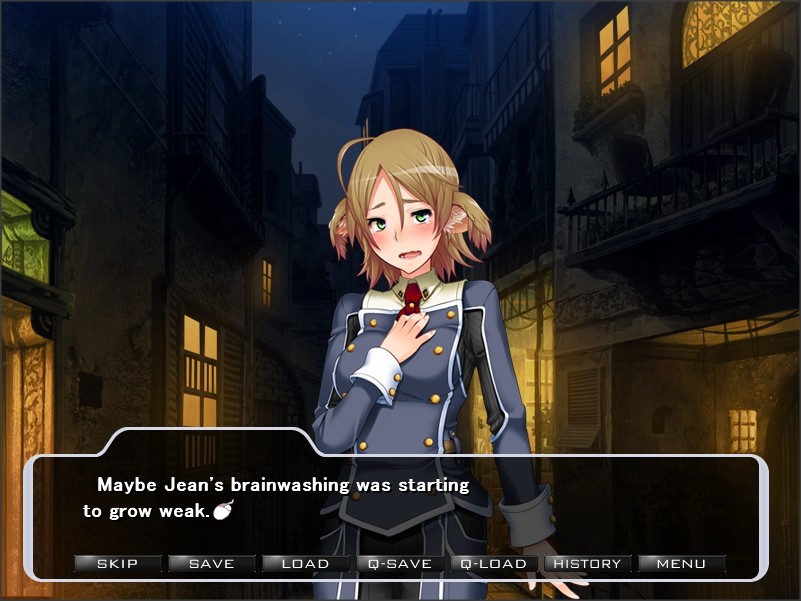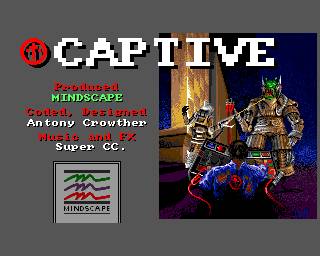

" International factor mobility, informal interest rate and capital market imperfection: a general equilibrium analysis,"ģ2682, University Library of Munich, Germany. Chaudhuri, Sarbajit & Gupta, Manash Ranjan, 2011." International factor mobility, informal interest rate and capital market imperfection: A general equilibrium analysis,"Įconomic Modelling, Elsevier, vol. Chaudhuri, Sarbajit & Gupta, Manash Ranjan, 2014." Endogenous Capital Market Imperfection, Informal Interest Rate Determination and International Factor mobility in a General Equilibrium Model,"ĥ1157, University Library of Munich, Germany. Chaudhuri, Sarbajit & Gupta, Manash Ranjan, 2013." Institutional Influences on Human Capital Accumulation: Micro Evidence from Children Vulnerable to Bondage," " Sharecropping, interlinkage, and price variation,"Ġ5-10, Stony Brook University, Department of Economics. " A theory of sharecropping: the role of price behavior and imperfect competition,"ġ9021, University Library of Munich, Germany.ġ4898, University Library of Munich, Germany.

39(2), pages 333-342, June.įull references (including those not matched with items on IDEAS) Oxford Economic Papers, Oxford University Press, vol. " Small Farmers, Moneylenders and Trading Activity," Gangopadhyay, Shubhashis & Sengupta, Kunal, 1987.Journal of Development Economics, Elsevier, vol. " Clientelization and fragmentation in backward agriculture: Forward induction and entry deterrence," Journal of Public Economics, Elsevier, vol. " A theory of interlinked rural transactions," " Sharecropping and the Interlinking of Agrarian Markets,"Īmerican Economic Review, American Economic Association, vol. Braverman, Avishay & Stiglitz, Joseph E, 1982." Price uncertainty and trader-farmer linkage," " Fragmented duopoly : Theory and applications to backward agriculture," " The Emergence of Isolation and Interlinkage in Rural Markets," Srinivasan (ed.), Handbook of Development Economics, edition 1, volume 1, chapter 16, pages 763-830, Handbook of Development Economics, in: Hollis Chenery & T.N. " Credit markets and interlinked transactions," The paper argues that unless the developed countries liberalize trade in their agricultural sector, it would be premature for the developing countries to go in for agricultural trade liberalization and remove all farm subsidies, as this policy may in fact be counterproductive. On the contrary, an increase in the international price of the crop unambiguously improves the welfare of the farmers but the effect on the agricultural productivity is ambiguous. We show that a reduction in the credit subsidy will raise the size of the captive market, leads to deterioration in the welfare of the farmers and may lower the agricultural productivity of the economy. In this set-up we examine the effects of trade liberalization in agriculture on the village economy. In general, in our model strategic considerations determine the extent of use of ICPCs rather than explaining their existence. However, the captive and the contested markets are linked by the requirement that the reservation income of a captive farmer has to equal the income of a farmer in the contested market. Its motive is to push the farmers to their reservation income level. ICPC (or the formation of captive markets) is not an entry-preventive strategy in the model.

We focus on the formation of captive markets through trader-farmer interlinkage in the form of interlinked credit-product contracts (ICPCs).

This paper builds a model of fragmented duopsony in backward agriculture following Basu and Bell (1991) in which the purchasers (traders) have captive markets each but compete in a contested market.


 0 kommentar(er)
0 kommentar(er)
